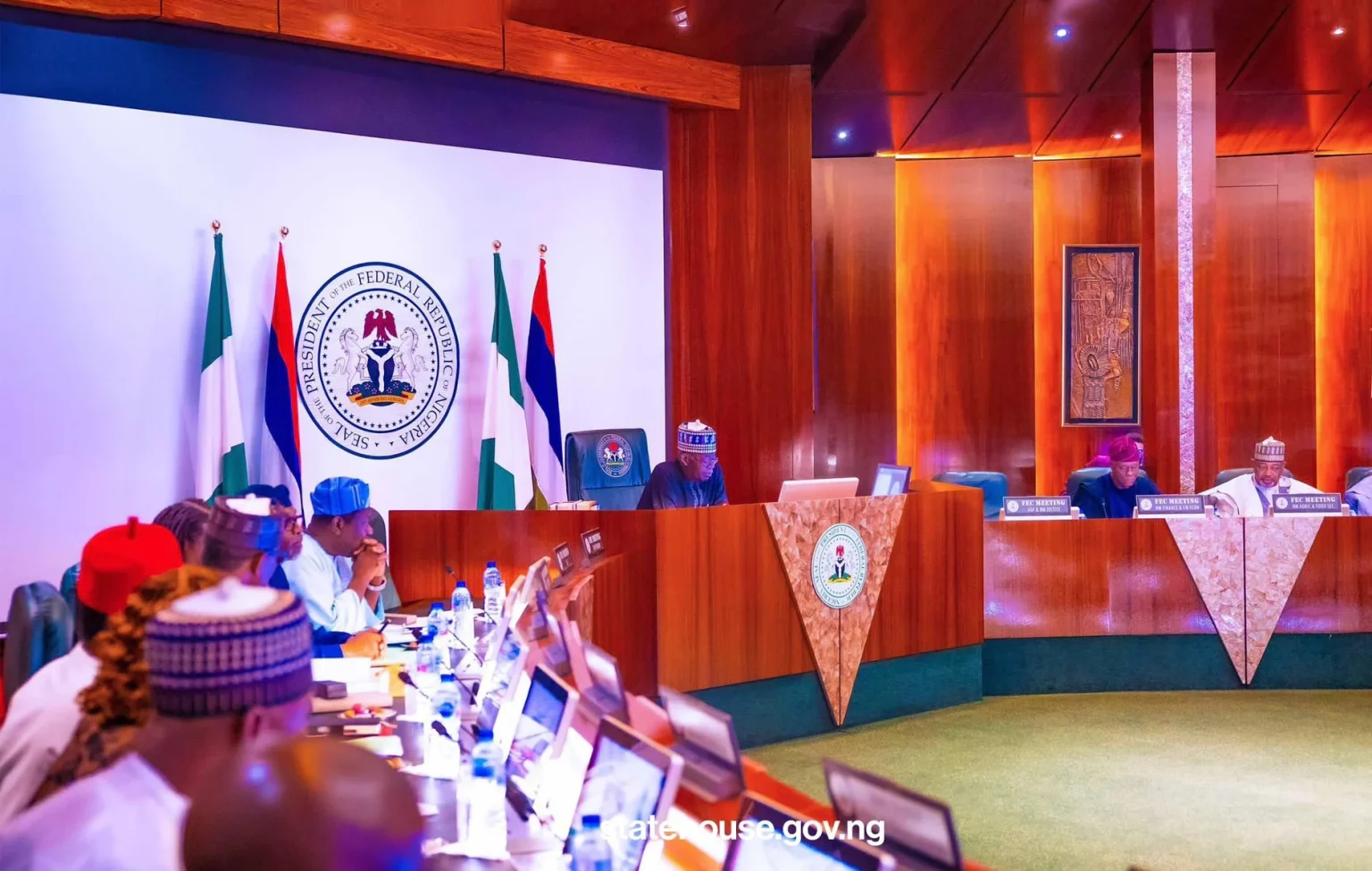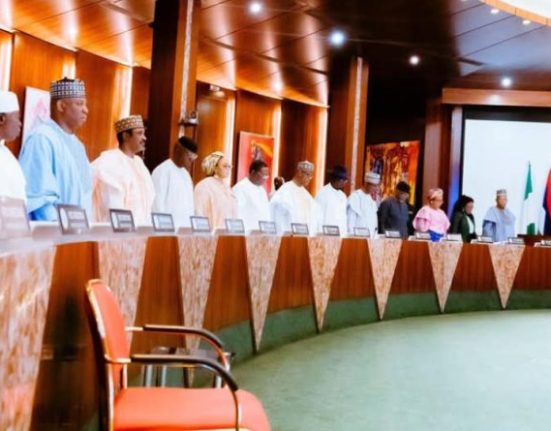In a significant move aimed at addressing the perennial electricity challenges facing Nigeria’s public tertiary institutions, the Federal Executive Council (FEC) has given approval for the implementation of electrification projects worth over N145 billion for eight federal universities and one teaching hospital across the country.
The approval was granted during the FEC meeting presided over by President Bola Ahmed Tinubu at the Presidential Villa, Abuja. According to information made available by credible sources within the Ministry of Power, the initiative forms part of the broader efforts by the Tinubu administration to promote energy sustainability and improve learning conditions in federal tertiary institutions, many of which have grappled with unstable and insufficient power supply for decades.
The approved projects are designed to enhance electricity supply to the selected institutions through the deployment of solar hybrid systems, mini-grids, and other renewable energy technologies, in line with the government’s energy transition plan and commitment to environmental sustainability. The project, when completed, is expected to drastically reduce the institutions’ dependence on diesel-powered generators, cut operational costs, and create a more conducive atmosphere for academic and research activities.
The Minister of Power, Chief Adebayo Adelabu, who briefed journalists after the FEC meeting, explained that the project will be executed under the Energy for Education Programme, a strategic initiative being driven in collaboration with the Rural Electrification Agency (REA). He stressed that the programme targets institutions with critical energy needs and high student populations, noting that improved power supply would directly impact the quality of education and healthcare delivery.
Although the specific institutions to benefit from this phase of the project were not disclosed during the media briefing, sources within the REA hinted that the selection was based on a detailed energy audit and institutional readiness, ensuring that the resources are channelled to institutions with the greatest need and potential for rapid impact.
Chief Adelabu also added that the electrification projects will include the installation of modern energy infrastructure such as solar PV systems, battery storage, distribution networks, and smart metering, ensuring long-term energy reliability and sustainability. According to him, local contractors and technical partners will be engaged in line with President Tinubu’s directive to boost indigenous participation and create job opportunities for Nigerian youths within the renewable energy sector.
This development has been widely welcomed by stakeholders in the education and health sectors, who have long decried the negative impact of poor electricity supply on learning, laboratory work, and hospital operations. With many public universities often resorting to limited generator use due to high diesel costs, the intervention is expected to ease financial burdens and promote uninterrupted academic calendars.
Experts also believe the investment will support Nigeria’s wider push towards decentralised power generation and support the country’s ambitious goal of achieving universal energy access by 2030, as outlined in the country’s National Electrification Strategy.
As the federal government continues to roll out infrastructure-focused reforms across key sectors, the successful implementation of the N145 billion electrification project is expected to set the tone for similar interventions in other public institutions facing energy-related challenges.


